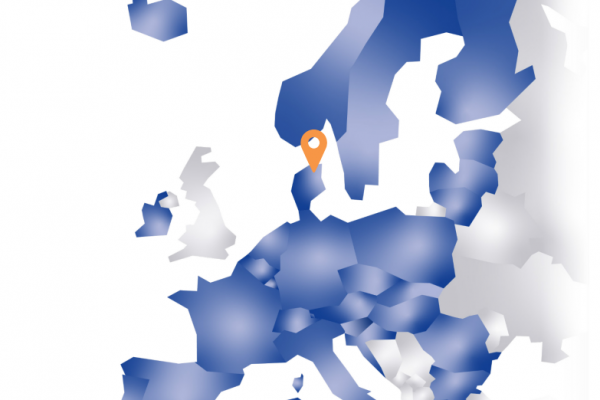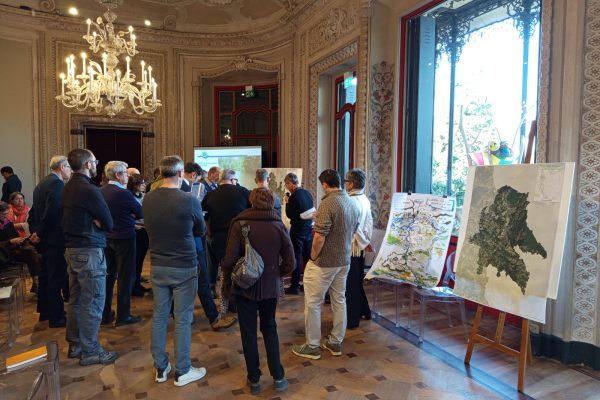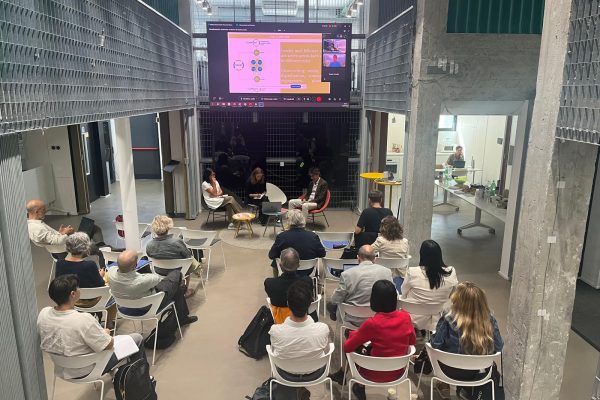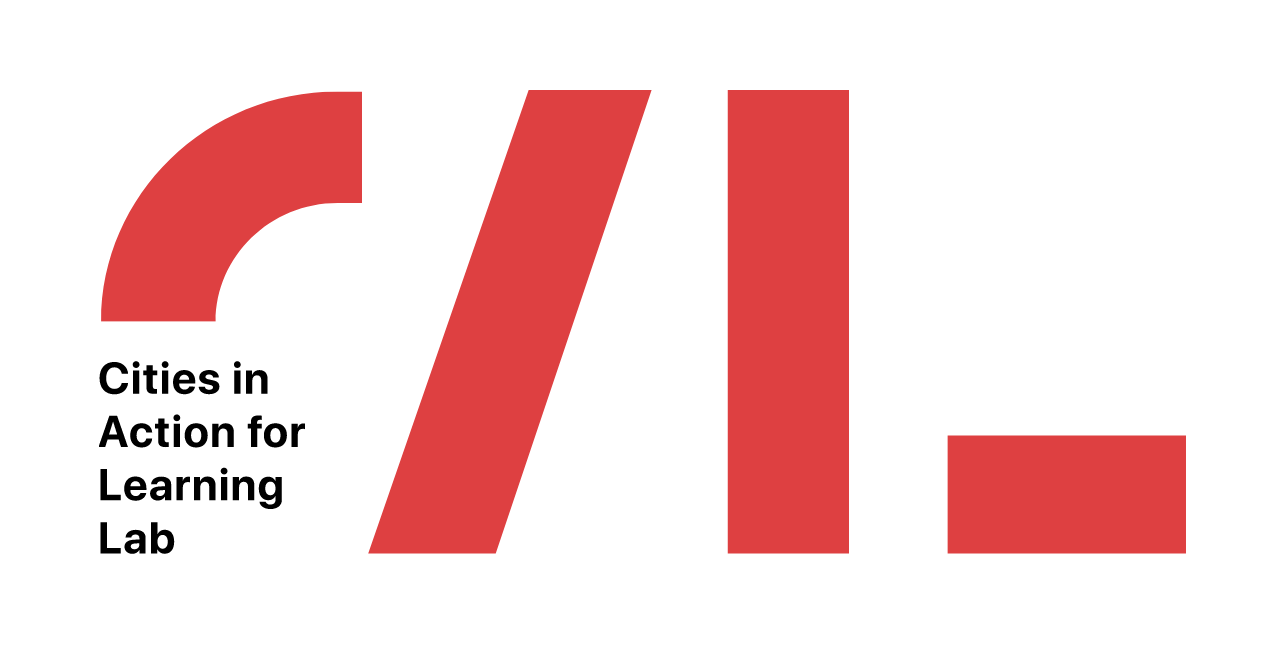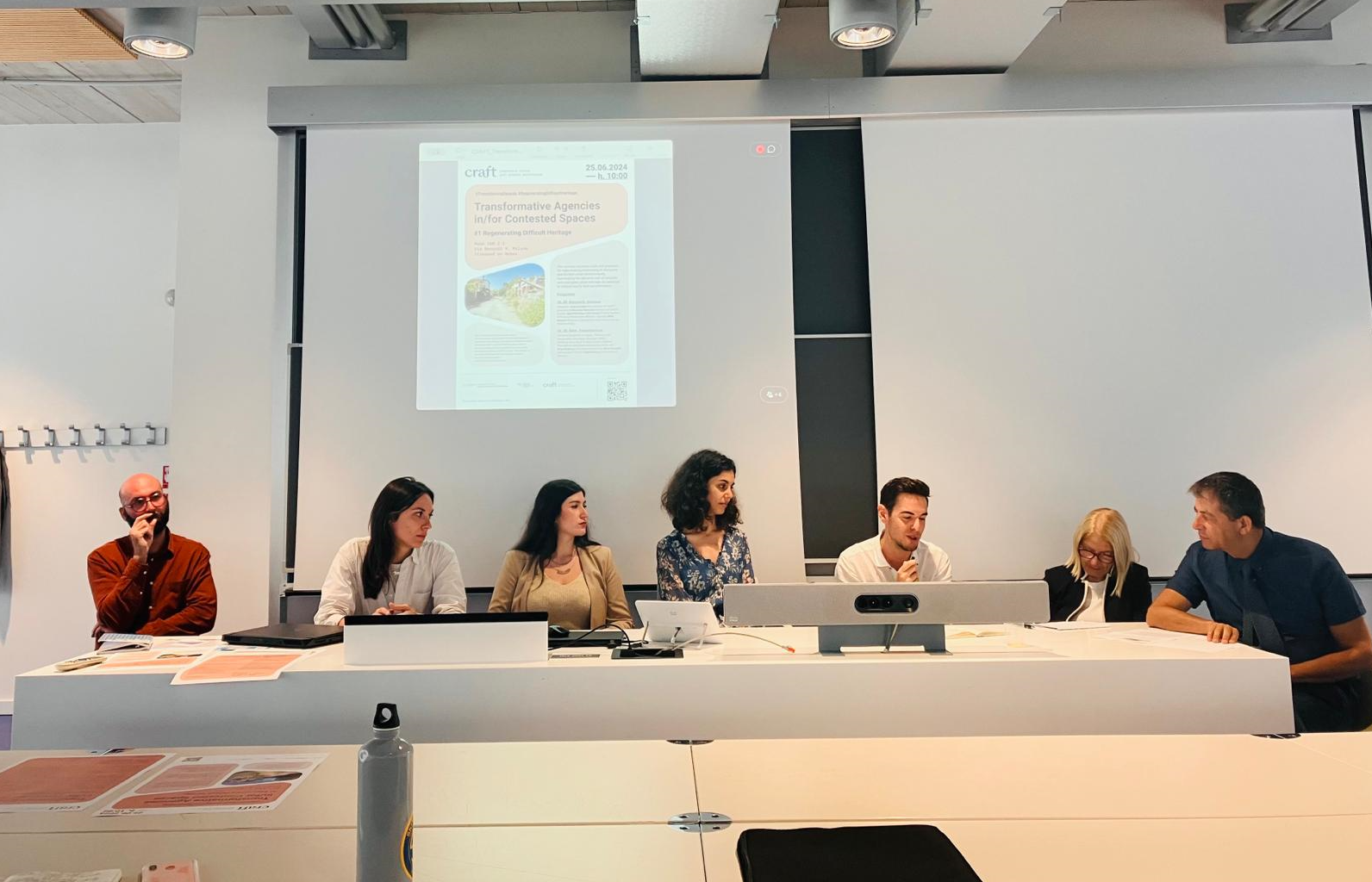
Reflecting on the seminar “regenerating difficult heritage”
Envisioning Translocality
Enabling Institutions
Enforcing Practices
On June 25th, 2024, the Department of Architecture and Urban Studies (DAStU) at Politecnico di Milano kicked off its seminar series “Transformative Agencies in/for Contested Spaces.” Curated by Irene Bianchi, Maryam Karimi, and Alice Buoli, and funded by the CRAFT Competence Centre, the series promises to explore how spatial disciplines can support transformative and innovative pathways in complex and contested environments. This inaugural seminar, titled “Regenerating Difficult Heritage,” set the stage for insightful discussions and valuable lessons.
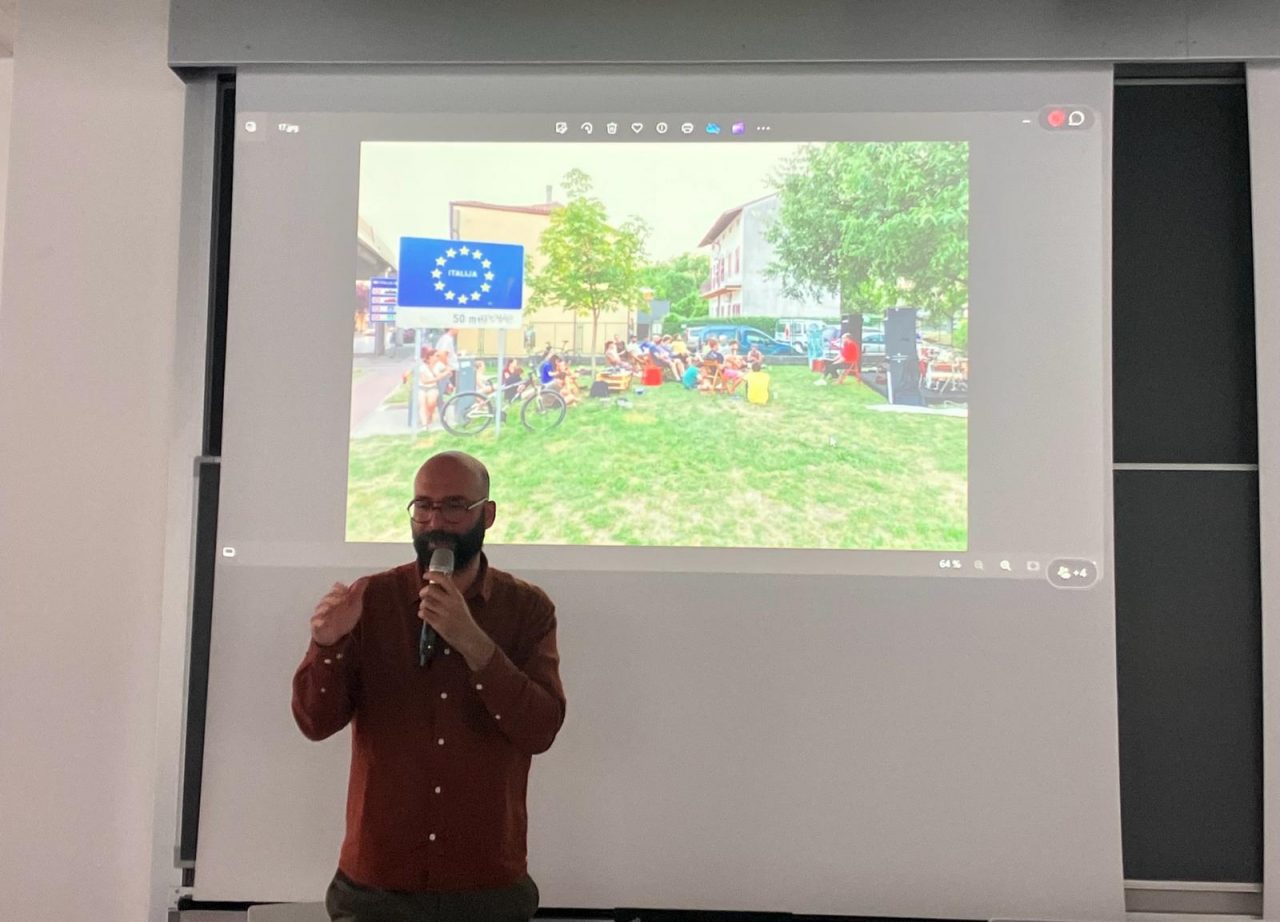
Co-financed by the PhD Programs in Urban Planning, Design, and Policy and Preservation of the Architectural Heritage (DAStU-Polimi), the first seminar was further enriched by the presentation of “Territorial Fragilities in Cyprus. Planning and Preservation Strategies” (Springer, 2023), edited by Alice Buoli and Oana Cristina Ţiganea. This synergy provided a strong foundation for examining the critical relationship between urban regeneration tools and practices within divided contexts.
The morning session featured presentations by prominent figures: Agni Petridou and Ali Güralp (Nicosia Masterplan, Cyprus), and Miha Kosovel (Carinarnica, Nova Gorica-Gorizia, Slovenia-Italy). These experts presented case studies from two significant urban contexts: the divided city of Nicosia (Cyprus) and the border cities of Nova Gorica-Gorizia (Italy-Slovenia).
Following the presentations, PhD and post-doctoral researchers, including Lilas Abdulmawla, Franz Bittenbinder, Stella De Luca, and Isabella Traeger, shared their reflections, raising interesting points for discussion.
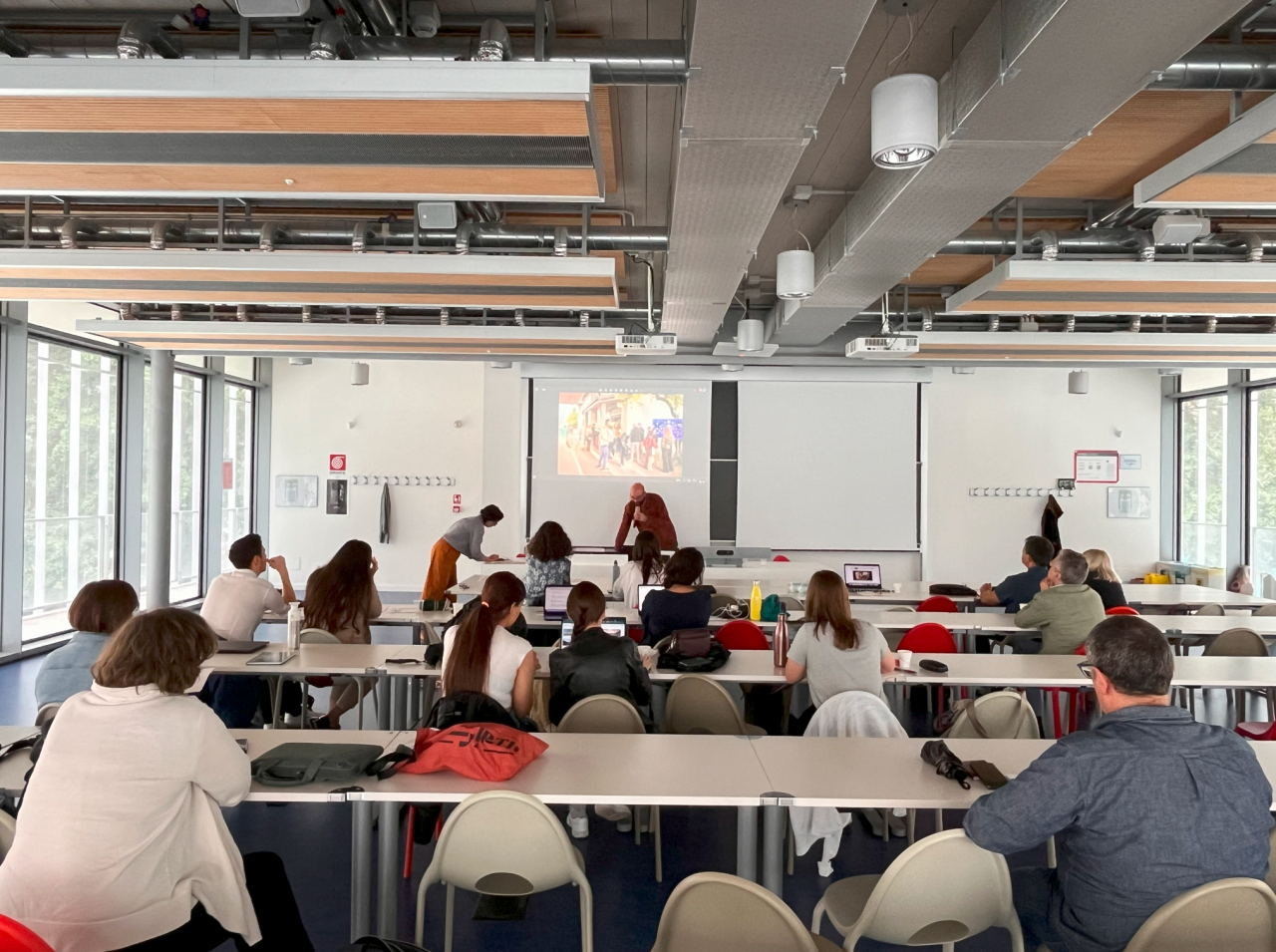
Key Takeaways: This stimulating exchange yielded three key takeaways:
- Rethinking Identity in Contested Spaces: Transformative interventions at cross-border and uncharted territories present both challenges and opportunities. They have the potential to foster a sense of global citizenship, encouraging shared identities among residents without necessitating the abandonment of national identities. Both local and global perspectives can coexist, fostering a more nuanced understanding of belonging.
- Urbanism as an Act of Citizenship: As emphasized by contributors, the responsibility for contested spaces falls ultimately on local communities, cities, and civil society. The European Union, or other external institutions, are unlikely to intervene without proactive mobilization from within. To enact transformation, local experts and citizens must be empowered to generate solutions and scale up actions that address latent conflicts.
- Beyond preservation: In divided contexts, working on cultural heritage, understood in its tangible and intangible components, can open unexpected spaces for dialogue. Attempts to regenerate difficult heritages can foster open discussion about a city’s history and its vision for the future, encouraging critical reflections on the city’s transformation paths.
Looking Forward: The “Transformative Agencies in/for Contested Spaces” series promises to offer further insights into navigating the complexities of urban regeneration in divided and contested spaces. This first seminar served as a valuable introduction, highlighting the importance of community engagement, the potential for rethinking identities, and the vital role of local expertise in fostering positive change. As the series progresses, we can expect further enriching discussions and practical takeaways for those working to create more inclusive and resilient urban environments. For more information on the series of seminars, check here.
